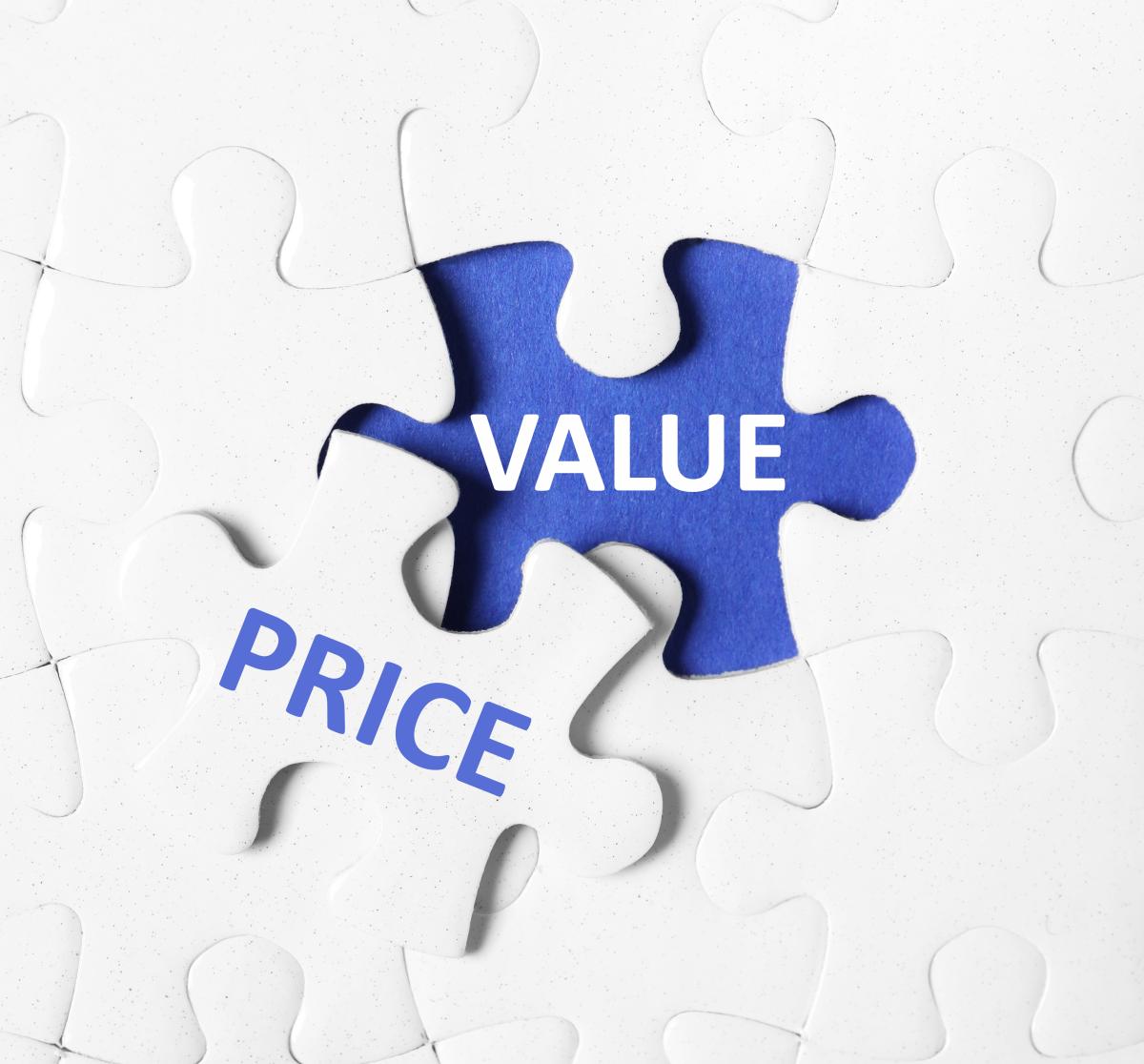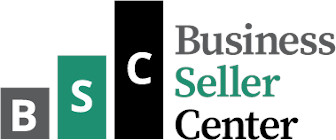|
|
The Difference Between Valuation and Asking Price

When a business owner begins the process of selling, one of the first questions is: “How much can I get for my business?” Valuation plays a key role, but it is important to recognize that the value calculated for a business is not always the same as the eventual asking price or the final sale price.
A valuation provides a baseline. What a Seller ultimately lists for, and what a Buyer ultimately pays, can vary based on goals, timing, and deal structure.
Timing and Goals
Some owners prioritize speed. They may choose to list at a lower asking price to attract immediate interest and shorten the time in market. Others have no urgency to exit and prefer to hold out for the highest possible price, even if it means a longer process. Neither approach is wrong. It depends on the Seller’s circumstances and what matters most in the next chapter of their life. In some cases, selling sooner may allow an owner to retire comfortably, avoid burnout, or redirect energy to new ventures. In other cases, waiting longer may be worth the effort if maximizing price is the top priority.
Price Isn’t Everything: The Role of Terms
Just as important as price, if not more so, are the terms of the deal. Two offers can look similar on paper, but the structure behind them can make one far more attractive than the other. Seller’s notes extend financing from the Seller to the Buyer, providing part of the purchase price over time. Holdbacks reserve a portion of the purchase price until certain conditions are met, often tied to performance or due diligence. Earnouts link part of the price to future performance, stretching payments over years. These structures each carry a different level of risk and reward. Compare these to an offer that is mostly cash at close, and the difference becomes clear.
A Practical Example
Imagine a business listed at five million dollars. The Seller receives two offers. One offer comes in slightly below asking, at 4.8 million dollars, but provides ninety percent cash-at- close. The other meets the full five million dollar asking price but relies heavily on a three-year earnout tied to future performance. In this case the Seller may only get a fraction of the asking price as cash at closing. For many Sellers, the first offer may be the smarter choice. The upfront certainty of cash outweighs the risk and delay of waiting three years for the full payout, especially if retirement, debt repayment, or peace of mind is the priority.
Other Factors Beyond Price
The right deal is not always about numbers alone. Some Sellers weigh the cultural fit of the Buyer, the future of their employees, or how the business will be operated after the transition. These factors may not appear in the valuation but can strongly influence which offer feels “right.” For Buyers, understanding these motivations can make their offers more competitive even if they do not lead with the highest price.
Valuation is essential, but it is only part of the equation. Sellers should consider not just the number, but also the timing of their goals and the structure of the deal. Buyers should recognize the same. What gets a deal across the finish line is not always the headline price, but the certainty and fairness of the terms, and the confidence that both parties are aligned in what they want.
Get in touch with the BusinessSellerCenter to find out how you can get maximum cash-at-close for your business. When it comes to selling your business, there are no do-overs.



